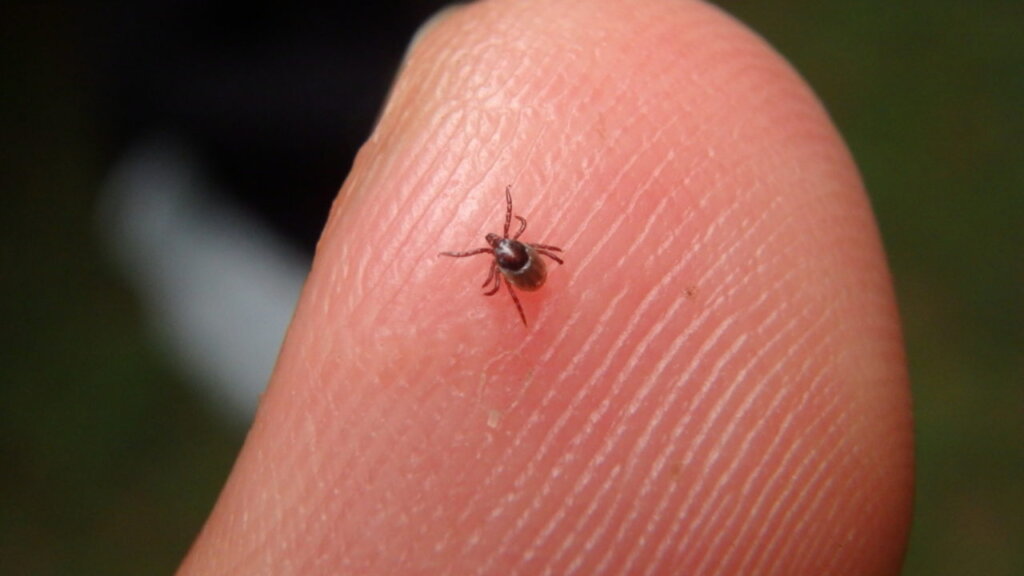Powassan virus Symptoms and effects as Waldo County resident passed away from infection
2 min read
Image: smarterpestcontrol
The Maine Center for Disease Control and Prevention confirmed that a Waldo County person died after contracting a rare Powassan virus spread by infected ticks.
The adult-aged person experienced neurological symptoms and died in the hospital, according to officials. While in Maine, they suspect the victim contracted the Powassan virus.
Powassan virus is an uncommon disease spread by a tick bite from an infected woodchuck or deer tick.
The virus is rare, according to officials, with only about 25 cases documented per year since 2015. Since 2010, 14 cases have been documented in Maine.
What does the Powassan virus entail?
The Powassan virus was described as follows by the Maine CDC. “The Powassan virus is transmitted to humans by the bite of an infected deer or woodchuck tick.”
In 1958, the virus was discovered in Canada for the first time. It was given the name Powassan after the town where it was first discovered.
Later, the virus spread to many parts of the world, including Russian lands and other parts of Eurasia.
The Powassan virus is spread via infected tick bites, according to information gathered from medically reliable sources. The CDC believes that the virus is spread via the bites of groundhog ticks (Ixodes cookei), deer ticks (Ixodes scapularis), and squirrel ticks (Ixodes scapularis) (Ixodes marxi).
What are the signs and symptoms?
According to the CDC, many people infected with the virus will show no signs or symptoms. Others, on the other hand, may experience symptoms within a week or month.
“Initial symptoms can include fever, headache, vomiting, and weakness,” the department stated.
Coordination loss, slurred speech, confusion, and seizures are some of the virus’s more severe symptoms.
The Powassan virus can cause serious illnesses such as encephalitis (brain infection) and infections of the membranes surrounding the brain and spinal cord (meningitis).
Because there is currently no treatment or vaccine for the virus, the CDC estimates that one out of every ten persons will succumb to the infection if their condition is severe.
People who survive the infection may experience other long-term problems, according to the group. “Recurrent headaches, muscle mass and strength loss, and memory issues” are some of the symptoms.



